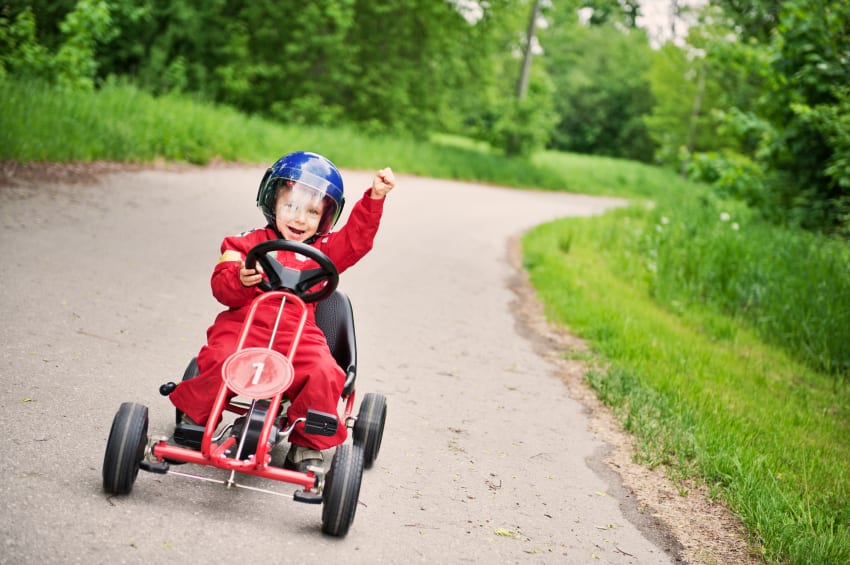Error! You must specify a value for the Video ID, Width, Height and Anchor parameters to use this shortcode!
A diagnosis of bipolar disorder for a child can devastate parents and confuse children. And yet every year, doctors inform form thousands of parents that their child is exhibiting manic or depressive symptoms.
Because children take their clues from parents, it is important to remain upbeat and hopeful when a doctor asks you to explore the possibility that your child may have a mood disorder.
Indeed, it is reasonable to remain upbeat and hopeful.
Many children diagnosed with bipolar disorder go on to lead fulfilling lives complete with meaningful relationships and vibrant careers. Consistent and appropriate treatment begun early raises the odds that your child will enjoy a happy and productive life.
Once your child is diagnosed, your doctor may ask you to explore the variety of treatments researchers trust for use in children. They explain that bipolar disorder can be addressed through many channels: medications, talk therapy, support groups and lifestyle changes. Gather as much information as you can from a wide variety of sources to help you make your decision in each area. Attend support groups for parents of children with bipolar disorder and learn from their experiences.
Possible Symptoms of Bipolar Disorder in Children
Bipolar symptoms can manifest in children differently than in adults. For instance, children are more prone to quick shifts from manic to depressive phases than adults. Think about whether your child exhibits any of the following characteristics:
-
separation anxiety
-
temper tantrums that can last hours
-
irritability
-
excessive aggression
-
oppositional, defiant behavior
-
mood swings
-
difficulty concentrating
-
hyperactive behavior
-
impulsive behavior
-
agitation
-
jumbled or rapid thoughts
-
exaggeration about skills or traits
-
risky behaviors
-
low moods
-
low energy
-
low self-esteem
-
difficulty getting going in the morning
-
social awkwardness, anxiety or difficulty
-
hypersensitivity to emotional or environmental events
Researchers, doctors and therapists have come up with ways to address each behavior. While a learning process is ahead for you and your child, all of these symptoms can be addressed and mitigated.
Ways You Can Help You Help Your Child
-
learn relaxation techniques to help your child cope with stress; ask your child’s doctor for guidance and resources
-
research coping strategies that have worked for others
-
provide outlets for your child to express feelings through art, music, play and other special interests your child has
-
make sure you maintain routine and structure in your daily activities
-
at the same time, give your child sufficient freedom within limits
-
try to arrange a calm, low stress environment in the home
-
when disciplining, focus on problem-solving rather than criticism and punishment
-
talk to your child’s school about an individualized educational plan (IEP) to help your child be successful at school
Ways You Can Help an Adult Child
-
remember to treat your child as the adult he or she is, even your child is acting in an immature manner
-
encourage treatment and offer support
-
remember that you have limits; do not become abused either emotionally or financially by a child suffering from a manic or hypomanic episode.
-
be cautious when lending money as bipolar individuals do not exhibit reasonable thinking skills and can spend recklessly
-
remind loved ones that it can take time to find the right talk therapy or medication and that they can’t give up

